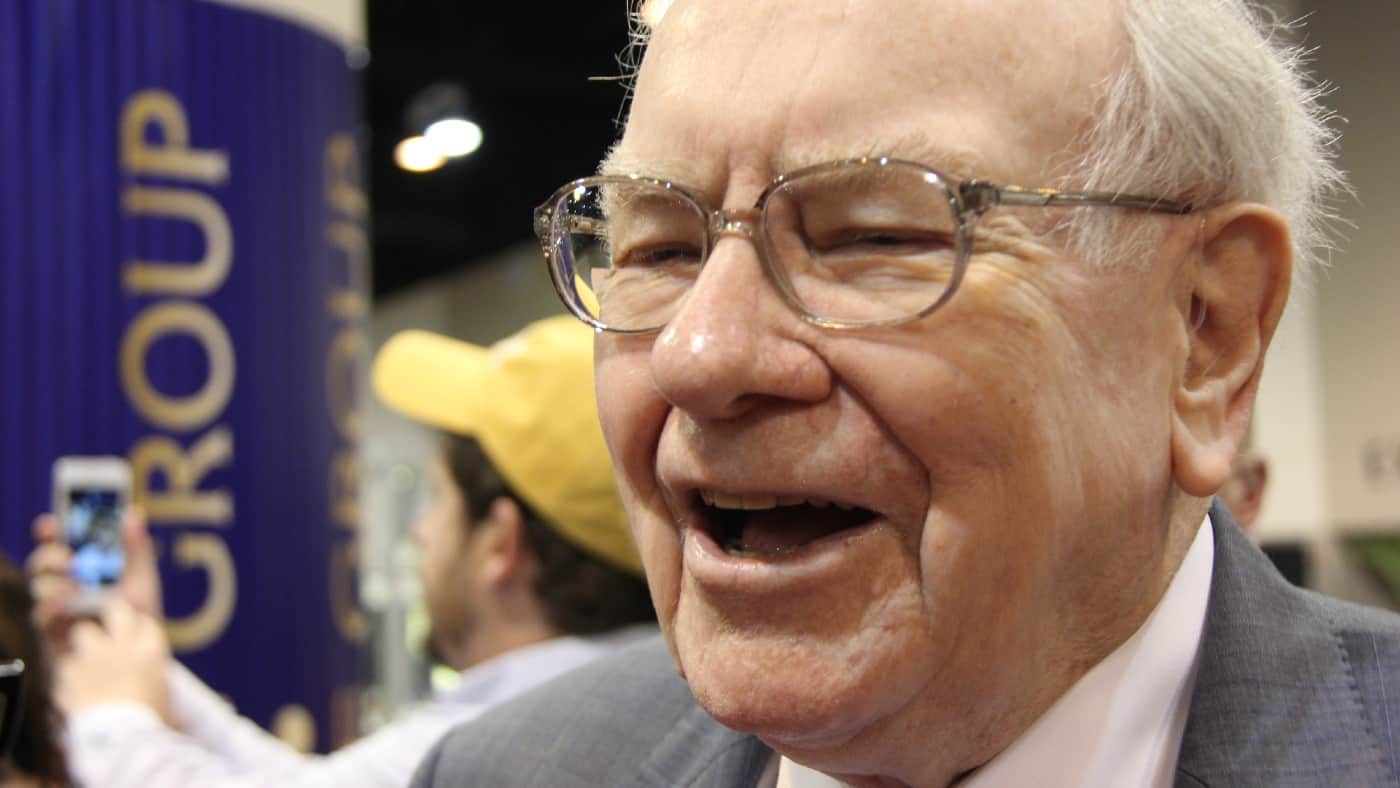The famous investor Warren Buffett has made a career out of spotting value many other people do not see. He has applied that in buying shares for his portfolio, from Bank of America to Apple.
I am applying the Warren Buffett method when it comes to buying cheap UK shares myself. Here is how.
Long-term source of value
When Buffett looks at a company, he basically tries to figure out what potential source of value it has that might last for decades. Does it have a unique formula like Coca-Cola, a large installed user base like Apple or a geographic monopoly?
Should you invest £1,000 in SSE right now?
When investing expert Mark Rogers has a stock tip, it can pay to listen. After all, the flagship Motley Fool Share Advisor newsletter he has run for nearly a decade has provided thousands of paying members with top stock recommendations from the UK and US markets. And right now, Mark thinks there are 6 standout stocks that investors should consider buying. Want to see if SSE made the list?
I apply the same principles when it comes to UK shares. For example, companies such as Irn-Bru maker A G Barr and Guinness brewer Diageo both benefit from owning unique drinks brands. Firms from SSE to Sage can profit from their installed user bases. Some companies are the only large supplier of a key service in a given area, from Jersey Electricity to water supplier Pennon.
Current share price and valuation
But just having a long-term source of value is not enough to make a share attractive. That also depends on valuation.
After all, if other investors like the look of Diageo’s brand portfolio the same way that I do, demand for the shares could push up their price. In fact, that is one of the reasons I do not currently hold Diageo in my portfolio. Although I think it is a great business, the shares do not look cheap to me.
That matters because as an investor, the long-term return I get from shares I buy depends on their price, as well as any dividends they pay. So if I pay a high price for shares, even in a great company, I may still end up losing money.
Warren Buffett on value
That is why Buffett focuses on finding what he describes as great shares at a good price. Of course Buffett appreciates a bargain, so if he can get shares in a great company at a cheap price, his returns could be even better. But he settles for what he sees as a good price.
To determine that, many investors basically use what is known as a discounted cash flow model. In other words, they try to figure out what free cash flows a company will hopefully make in future. Then they apply a discount rate based on how far in the future such cash flows will be. Due to inflation, a pound today is probably worth a lot more in real terms than a pound a decade from now.
If a company’s shares trade at a significant discount to its future discounted free cash flow per share, it could mean that the price is cheap. But Buffett also considers other factors when he invests. For example, he looks at how much debt a company has. After all, that will reduce its ability to pay out future cash flows to shareholders as dividends.
Valuation is an art, not a science. But by applying the Buffett approach, I think I can spot UK shares in great businesses currently trading at a good price. Those are the sorts of shares I am looking for to add to my portfolio.








